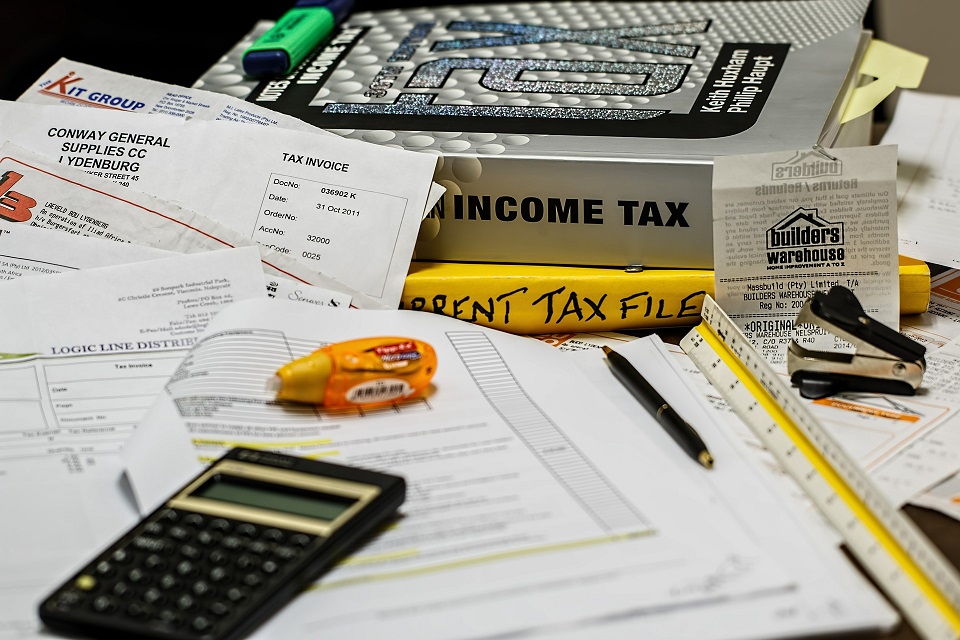VAT
In this section...
Deferred Tax and Investment Properties
Income tax is calculated on the profits of the business within an accounting period. The profits involved are usually for goods and services supplied to customers, but some companies will buy property with a view to earn rental income or to sell in a few years when prices have increased and will make a profit this way. Anticipated tax to pay on the sale of the property can be calculated while the property is owned by the company and shown on annual accounts as ‘deferred tax’.
Knowing the value of deferred tax is useful for the owner of the business; knowing the estimate of their tax liability before they have to pay it can allow for cash flow planning to ensure that when the asset is sold the business can afford the tax owed to HMRC for the profits. For investors, both current and potential, the deferred tax gives them a glimpse of what the future has for the company. While owner and investors would expect to pay tax on business profits, the calculation of tax on the asset sale will not come as a complete surprise.Deferred tax appears as a liability on the balance sheet although the tax isn’t due to be paid yet as the company still holds the asset. While usually a liability, deferred tax may occasionally be a deferred tax asset where a potential loss has not yet been realized. This deferred tax asset is not added to the balance sheet unless there is certainty that the asset is recoverable. The asset itself is usually under the title of “buildings†or “property†as an asset on the balance sheet, so neither deferred tax or asset value will appear on the profit and loss account. Depreciation is not calculated on the property, as buildings do not lose their value as machinery or vehicles do, so the full value of the property is to be considered in the revaluation and deferred tax calculation.
Each year the property’s value is to be reviewed. This can be done professionally or by using an estimate of current properties in the area; a fair value. An increase on the original value will be an unrealized gain and a decrease is an unrealized loss. This gain or loss should be entered as a revaluation reserve which, by company law, must appear separately on the balance sheet. It is important to note that the reserve is non-distributive among the shareholders as any gains are not physically in the company’s hands at the time of revaluation.
There should be calculations among working papers for deferred tax. Working papers are the accountant’s work behind the scenes of annual accounts and support the figures used; while the owner of the business does not need to see the working papers the accountant can supply these in certain situations, such as a HMRC investigation or a change of accountancy practice.
Tags: limited company, annual accounts, balance sheet, deferred tax, corporation tax
Need help?
Get in touch and see how we can help you
